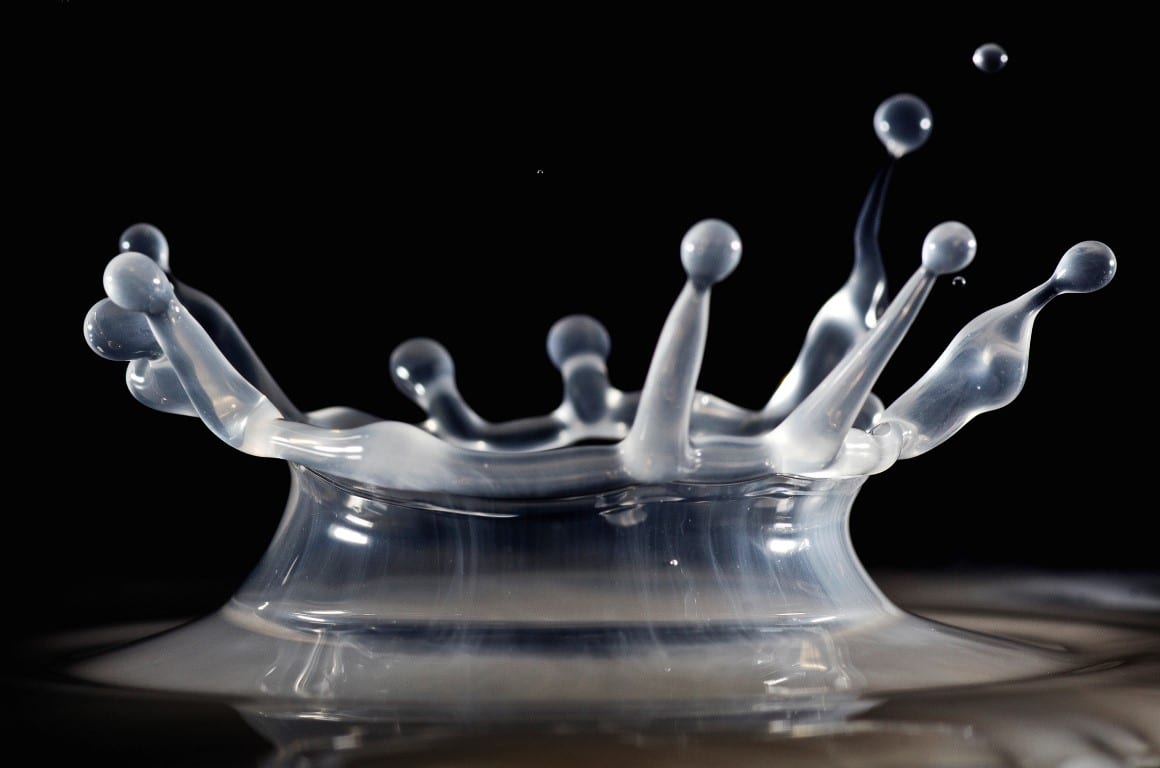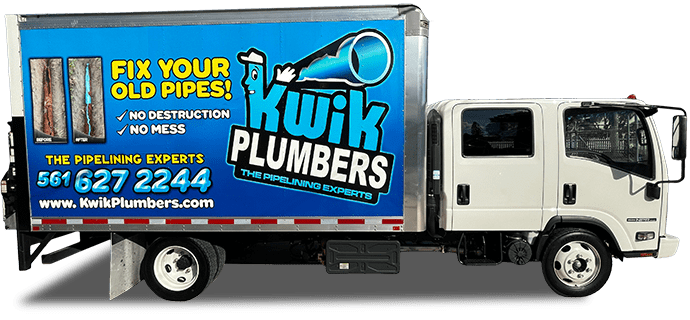What’s the Deal with Hard Water?
Home /

When someone says “hard water,” it can conjure up all sorts of unpleasant images. Rest assured, though, that hard water is a mundane household problem no different from frayed carpets or peeling wallpaper.
Simply put, hard water is H2O that has a higher than normal concentration of harmless minerals like calcium or magnesium. Groundwater sources are usually the culprit, since such water passes through mineral deposits.
While hard water tastes like iron, dulls the luster of your hair, and, at worst, can worsen skin conditions like eczema, it’s fit for human consumption. As a matter of fact, the calcium and magnesium could even provide certain health benefits. The real cost comes in the form of a repair or maintenance bill.
Over time, hard water leaves a residue on surfaces like sink taps, porcelain, and showers. The minerals can build up in your pipes and affect water pressure. Soap, which doesn’t play well with calcium and magnesium, can stick to clothes and make them grimier. All of these effects can damage your appliances and increase the cost of keeping them running.
If you’re wondering whether or not you have hard water, you should ask yourself a few questions:
- Does it take longer to rinse soap than it used to?
- Are glasses and plates fresh from the dishwater filmed or spotted?
- Is there something wrong with the water pressure of your taps, showerheads, etc.?
- Are your clothes “wearing out” faster than normal? Do they feel unclean even after you’ve washed them?
- Is there any material or scum on your faucets, ceramic, or shower walls?
- Does your water taste like it has iron in it?
It should be mentioned that a number of other causes, like mold, could be responsible for some of these. Furthermore, mineral deposit buildup is less likely to happen to houses built past 1975 – older houses were made with steel plumbing, and the copper pipes used today don’t share some of steel’s difficulties.
Now, what can one do about hard water? There are five approaches to water softening. The first four are automatic:
- Salt free water softeners forgo chemicals and use filters. They use filters and don’t alter the composition of the water itself. But they can’t handle much harder water.
- Ion exchange softeners swap the offending ions for sodium and potassium ions. This option is good for dishwaters and washing machines, but high levels of sodium can be a health problem in the long run.
- Magnetic softeners use magnets around water pipes to affect the water directly. Unfortunately, the water reverts back to a hard stage within 48 hours of leaving the magnetic field.
- Reverse osmosis softeners use a mixture of filters and pressure to remove impurities.
Automatic softeners can cause trouble for wildlife (ex: sewage infused with high sodium can affect streams), so some prefer to use alternatives. Sour Salt can cleanse residue from plates and furniture wax can cover wear.
So, it’s important not only to identify whether or not hard water is present in your house, but also to choose an option which you’re willing to live with; each requires a different investment of time and money. Nevertheless, they are ultimately less expensive than the damage hard water can do.
Contact Us for Your Plumbing Needs
For more information about our services or to obtain an estimate, reach out to us at Kwik Plumbers today. Feel free to call our team or fill out the form for an appointment. We look forward to hearing from you.

